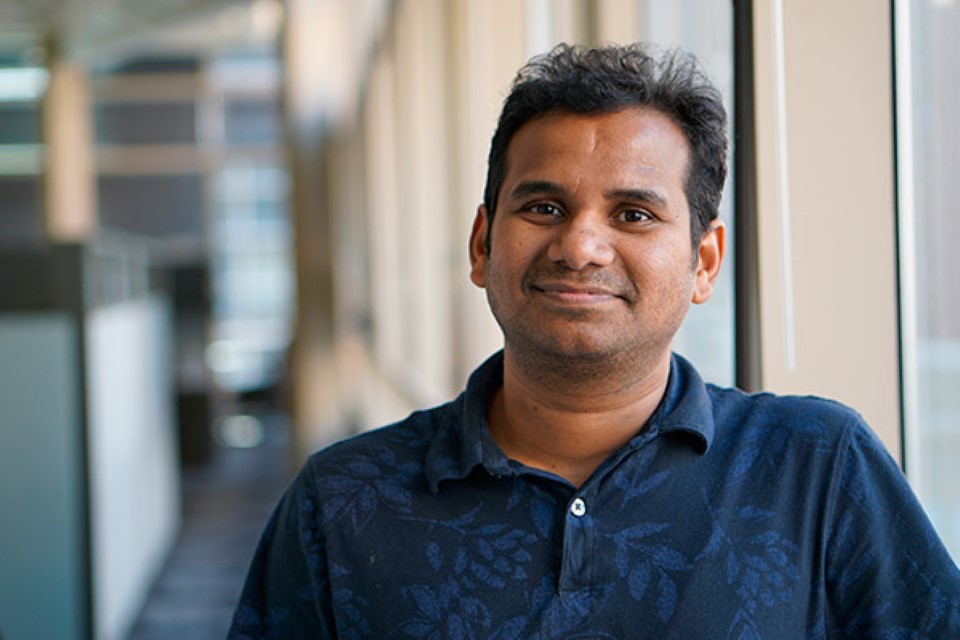Life Cycle Assessment in an Environmental and Innovation Policy Context

As one of the leading environmental assesment methodolgies, Life Cycle Assessment is not without critique. Deepak is thinking critically about the benefits and limitations of Life Cycle Assessment and its applications. This talk will be great for those interested in effective science for policy making and learning more about Life Cycle Assessment methodology.
—Carly Norris, MESM 2022
Abstract
In the last two decades, Life Cycle Assessment has emerged as a framework not only for businesses and consumers to better understand the environmental impacts of their decisions and undertake voluntary action, but also one that could be used by policy makers to regulate pollution through standards and incentives indexed to life cycle emissions. Specific examples include the California Low Carbon Fuel Standard and the US Renewable Fuel Standard. However, since LCA was not specifically designed for such purposes, important questions about the general framework and methodology and proper form of use of LCA remain unresolved. Using a few specific emerging technologies and industries as case studies, I aim to present some general thoughts on both how LCA (and Industrial Ecology more broadly) can contribute more effectively to public policy, and also how LCA itself needs to evolve.
Bio
Deepak Rajagopal is an Associate Professor at UCLA in the Institute of Environment and Sustainability and Department of Urban Planning. He is interested in what needs to be defined to understand the potential unintended environmental and socio-economic impacts of emerging technologies and how might public policies be better designed, with a focus on energy systems. He has a PhD in Energy and Resources and MS in Agricultural and Resource Economics both from UC Berkeley, and MS (U Maryland College Park) and BTech (Indian Inst of Tech. Madras) both in Mechanical Engineering. He was a visiting assistant professor at the School of Public and Environmental Affairs at Indiana University Bloomington for two years and a post-doctoral researcher for a year at the Energy Biosciences Institute UC Berkeley. Before earning his PhD, he worked for three years as a structural engineer in the United Technologies Research Center in East Hartford, Connecticut.